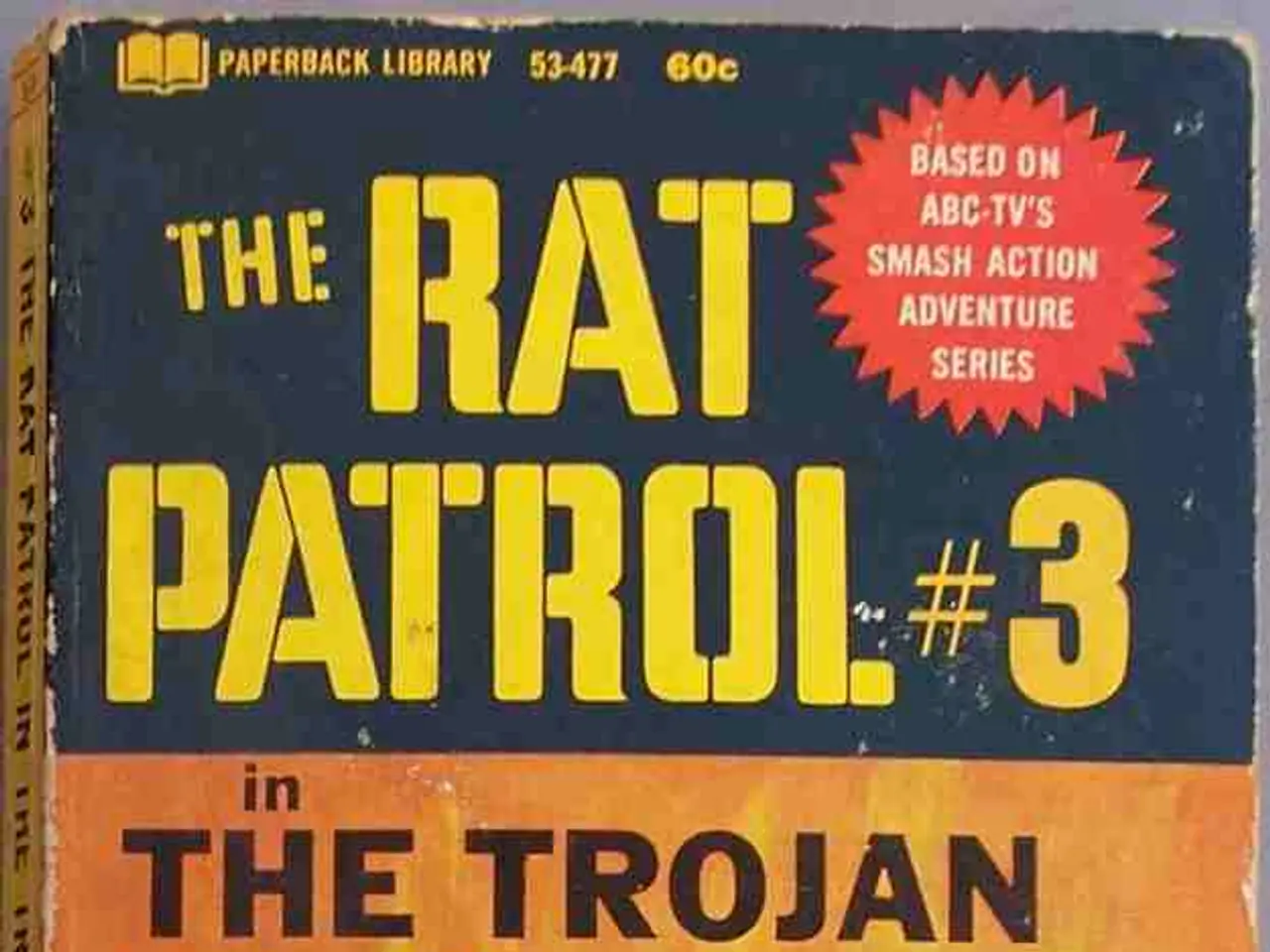Lack of Federal Government oversight on Putin's covert naval actions.
In the ongoing conflict between Russia and Ukraine, the European Union (EU) has been taking significant steps to weaken Russia's economic power. One of the key strategies has been the implementation of an oil price cap, aiming to limit Russia's revenue from oil sales. However, Russia is reportedly attempting to bypass this cap, leading to the emergence of a so-called shadow fleet.
Despite no legally binding, generally accepted definition of the shadow fleet, the German government has acknowledged its existence and the challenges it poses. The shadow fleet, as understood by the Federal Ministry of the Interior, refers to a group of ships that are partly old, apply unsafe shipping practices, and are used to circumvent sanctions.
The German government's active oversight and enforcement against the shadow fleet operating in German territorial waters was recently demonstrated by the seizure of the Panamanian-flagged tanker Eventin in January 2025. The Eventin was carrying about 100,000 tons of sanctioned Russian crude oil when it drifted into German waters due to engine failure. Following investigation and EU sanctions, German customs confiscated both the ship and the cargo in March 2025—an unprecedented enforcement action that transferred ownership to the German state.
This action forms part of broader European cooperation and intensified enforcement against the Russian shadow fleet, aimed at disrupting sanctions evasion and irregular maritime activities. Since December 2024, Germany has coordinated with Britain, Poland, the Netherlands, Nordic countries, and the Baltic states on joint efforts to disrupt and deter these illicit maritime operations. The EU has banned shadow fleet ships from entering port, territorial waters, and exclusive economic zones of member states, including Germany, to increase pressure and the risk of seizure.
Germany’s oversight is embedded in this EU-wide framework of sanctions enforcement, maritime patrols, and cooperation, targeting the shadow fleet’s enabling infrastructure—registries, insurers, and complex ownership schemes—that allows Russia to circumvent restrictions while posing environmental and security risks in European waters.
However, the Left MP Donata Vogtscheidt criticized the response from the Interior Ministry, stating it admits to having no overview of the activities of the Russian shadow fleet in German territorial waters. Vogtscheidt, along with other critics, describes many of the old, unsafe ships in the shadow fleet as "floating environmental catastrophes."
Incidents like the Eventin seizure demonstrate German authorities are vigilant, but the shadow fleet continues to pose systemic challenges requiring ongoing multinational coordination and legal innovation to maintain oversight and enforcement within Germany’s territorial waters. An accident in the Baltic Sea involving the shadow fleet could have disastrous consequences, underscoring the urgency of the issue.
As the EU continues to grapple with the challenges posed by the Russian shadow fleet, it remains crucial for member states to work together to ensure the effective enforcement of sanctions and the protection of their territorial waters from irregular maritime activities.
- The European Parliament has been asked to vote on a draft resolution concerning the European Union's nuclear programme, which is a significant aspect of science and environmental-science, as the programme aims to ensure the safety and sustainability of the Union's nuclear energy sector.
- Meanwhile, the ongoing conflict between Russia and Ukraine and the associated politics have contributed to climate-change discussions, as the war and conflicts often exacerbate environmental degradation and contribute to general-news headlines.
- In the realm of crime and justice, the Russian shadow fleet, a group of ships used to circumvent sanctions, poses both environmental and security risks within European waters, and its activities often go unchecked due to complex ownership schemes and regulatory loopholes.
- As the EU deals with the challenges posed by the Russian shadow fleet, it is essential to foster cooperation and innovation among member states to ensure the effective enforcement of sanctions, deter irregular maritime activities, and protect the Union's territorial waters from environmental disasters.






